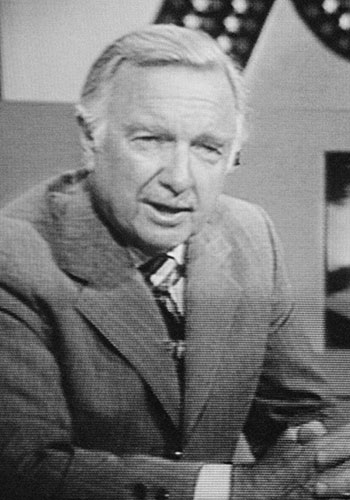The Pentagon Papers was a seven-thousand-page classified report on the history of the Vietnam War that analyst Daniel Ellsberg worked on for the Department of Defense under Secretary of Defense Robert S. McNamara. Ellsberg believed the war was unethical and unwinnable. The Nixon administration brought espionage charges against Ellsberg and his codefendant, Anthony Russo, after they gave secret copies of the Pentagon Papers to the New York Times and the Washington Post. Both men were cleared of the charges.
The president also contested the publication of the Pentagon Papers and sued in court. The case went through the federal courts all the way to the Supreme Court. In New York Times v. United States (1971), the court ruled that the then-classified report could be published by the New York Times and the Washington Post without risk of government censorship or punishment.
Directions
Listen to the radio interview with Daniel Ellsberg and answer the questions in the boxes below. Keep in mind, Ellsberg uses the term counterrevolutionary to describe the US government’s actions in Vietnam after WWII that went against the general will of the Vietnamese people for independence.
Clip of radio interview with Daniel Ellsberg in 1977 with WYSO Public Radio. Courtesy Digital Audio Archives at WYSO Public Radio in Yellow Springs, Ohio. Permission has been granted for educational purposes only, courtesy of WYSO via American Archive of Public Broadcasting (WGBH and Library of Congress).
Questions
Annotate this Image
Directions: Summarize what Secretary McNamara is saying to President Johnson. What might be the government’s reasons for keeping this report secret?
Source: “374. Memorandum From the Secretary of Defense (McNamara) to President Johnson.” Edited for the purpose of this activity. Dec. 21, 1963. Permission has been granted for educational purposes only, courtesy of the Office of the Historian/US State Department
Use the toggle button above to switch to Magnify Mode. Magnify mode will help you see finer detail in the image.
Switch back to Annotate Mode to create your annotations with click and drag.

Your Annotations





